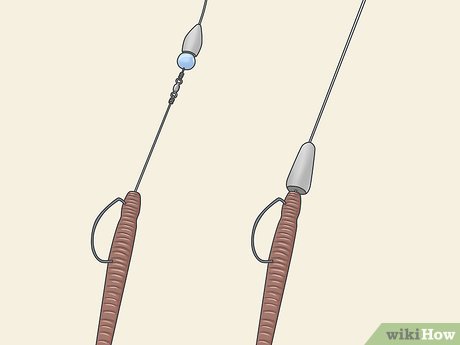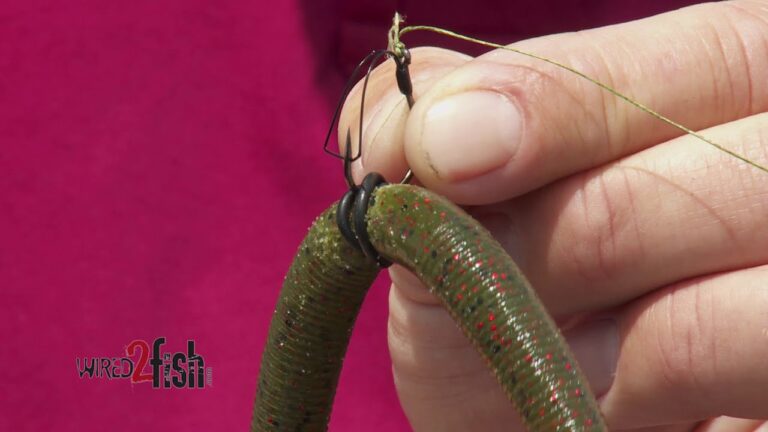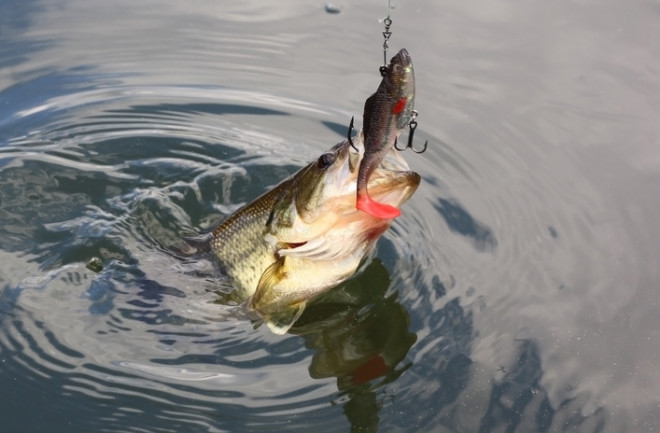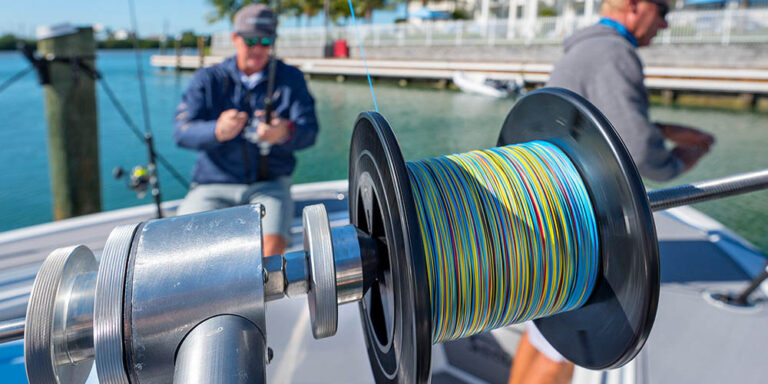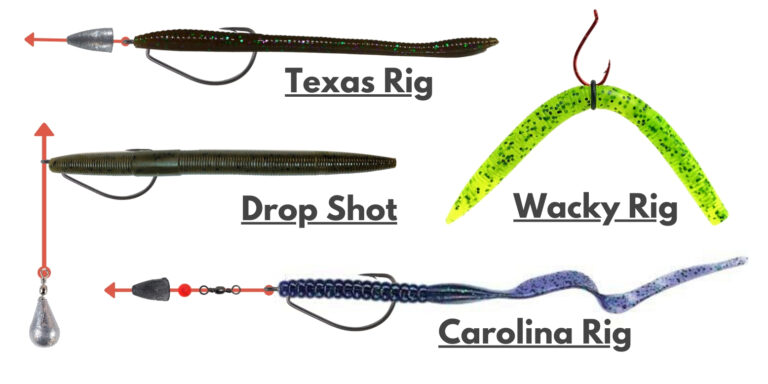What Size Leader for 30 lb Braid?
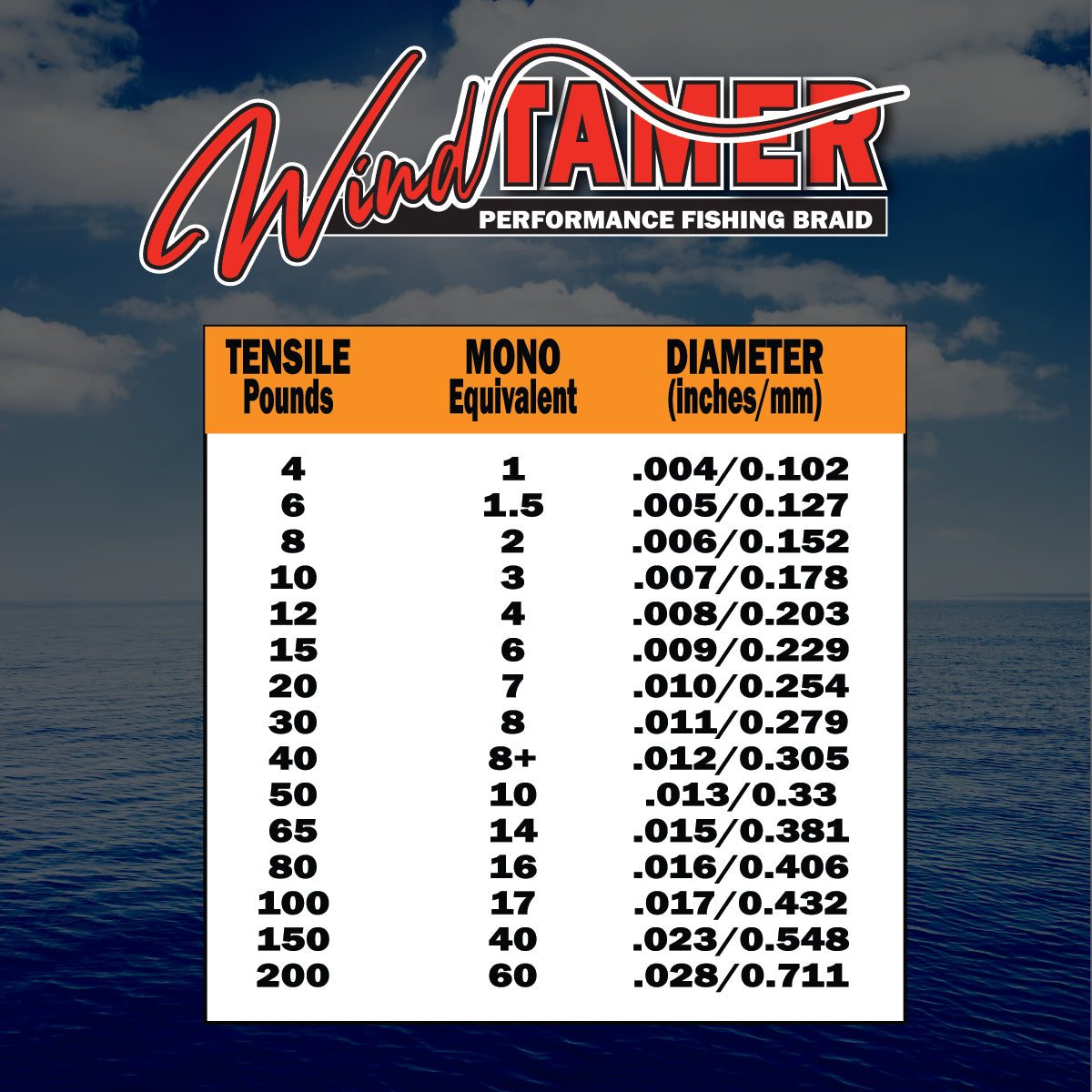
For a 30 lb braid, use a leader that is 20-50% stronger, typically ranging from 36-60 lb. Selecting the right leader size depends on the fishing conditions and targeted species.
Choosing the proper size leader for a 30 lb braid is crucial for successful fishing trips. The leader, which connects the mainline to the lure or hook, plays a critical role in both casting performance and fish landing success. It’s essential to balance strength and invisibility; a leader too thick might deter fish, while one too thin might snap under pressure.
Not only does the leader protect the braid from abrasion and sharp-toothed catches, but it also provides a buffer that absorbs the shock from aggressive strikes.
Anglers should consider the type of fish they aim to catch and the environment they will be fishing in, such as clear water or areas with heavy structure, to make an informed decision on their leader size for a seamless fishing experience.
Matching Leader To Braid Strength
Matching the right leader to 30 lb braid is crucial for fishing success. Choose a leader with a similar diameter to the braid. This ensures a smoother connection. Remember, a thin leader might break easily. But, a thick leader can reduce casting distance and stealth.
Your target species and water clarity are important. For clear waters, fluorocarbon leaders are best. They’re nearly invisible underwater. For toothy fish, go for a thicker and tougher leader. It should handle the sharp teeth.
Always test your knot strength with a new leader setup. This ensures the leader holds well with the braid. A quality leader can make a big difference in landing the catch of the day.
Leader Size Recommendations For 30 Lb Braid
Leader size matters for 30 lb braid in different fishing scenarios. Optimal leader strength can vary, based on what you’re trying to catch. For light biting fish, using a leader that is 20-25 lb might be ideal. It is invisible to fish and can be very sensitive to bites. For bigger, toothy fish, choose a 30-50 lb leader. This can handle aggressive bites and fight without breaking.
Heavier leaders are more visible but can withstand tough bites. They are good for large fish. Lighter leaders offer better presentation but risk breaking. Use lighter ones for smarter fish. Your fishing style decides which leader to use. A balance between strength and stealth often works best.
| Fish Type | Recommended Leader Strength |
| Small, Shy Fish | 20-25 lb |
| Large, Aggressive Fish | 30-50 lb |
Knots And Connections For 30 Lb Braid To Leader
Choosing the right knot for connecting a 30 lb braid to a leader is crucial. Anglers often rely on the Improved Clinch Knot or the Palomar Knot for their simplicity and strength. The Double Uni Knot is another excellent choice, known for its durability under tension. Maximize knot strength by carefully threading and tightening.
It’s important to moisten knots before fully tightening to reduce friction. This helps preserve the line’s strength. Be sure to trim excess from the leader tag end. This ensures a clean connection that won’t snag. Practice tying knots to ensure a strong, reliable connection while out on the water.
Species-specific Leader Choices
Selecting the right leader for 30 lb braid is crucial for angling success. A properly chosen leader can be the difference between a catch and a lost fish. For targeting larger fish such as muskie, use a 80-100 lb test fluorocarbon leader. For inshore saltwater species like redfish, a 20-30 lb test leader is often sufficient.
Clear water conditions demand lighter leaders to reduce visibility. A 10-15 lb fluorocarbon leader works well for bass in such situations. In turbid or stained water, one can opt for a heavier mono leader without spooking the fish. Consider the fish’s size, teeth, and the water’s clarity before finalizing your leader choice. This approach tailors your setup for an optimal angling experience.
Maintenance And Replacement Tips
Detecting signs of leader wear and tear is essential for anglers. Look for frayed edges or discoloration. Knot strength may decrease, impacting your fishing success. Notice if there are any nicks or if the leader seems stiffer than usual. These are clear indicators that it’s time for a replacement.
To ensure optimal performance, change leaders regularly. Swap out your leader after catching a big fish or after an intense fishing trip. If fishing in abrasive environments, consider replacing it even sooner. Regular checks help maintain your gear in top condition.

Credit: m.youtube.com
Frequently Asked Questions
Do You Need A Shock Leader With 30lb Braid?
A shock leader with 30lb braid isn’t mandatory but is recommended for casting heavy lures or when fishing around sharp structures to prevent line breakage.
What Is 30 Pound Braid Equal To?
A 30-pound braid is equivalent to 8-pound monofilament fishing line in diameter. This comparison helps anglers choose the appropriate line for their needs.
What Size Leader To Use With Braid?
The size of the leader to use with braid depends on the fishing conditions, but generally, a 2-3 foot leader works well for most situations. Choose a leader that’s 20-50 lbs test for optimal performance.
What Is 30 Pound Braid Good For?
A 30-pound braid line is ideal for medium to heavy fishing, suitable for larger freshwater species and inshore saltwater fishing, providing strength and versatility.
Conclusion
Selecting the right leader for a 30 lb braid ensures effective fishing and increased catches. Aim for a leader that is balanced in strength and flexibility. Your choice can vary based on water conditions and targeted species. Embrace the challenge, and may your fishing adventures be fruitful and enjoyable.
Tight lines!
